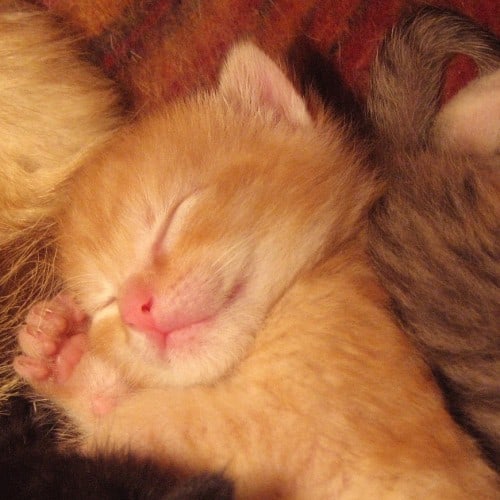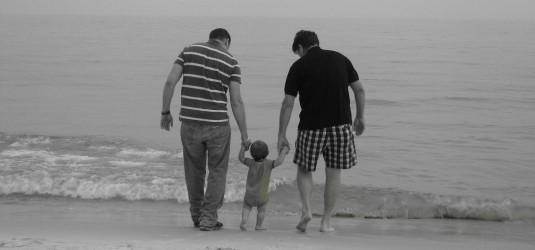As some of our readers likely guessed, recently something quite marvelous happened within Allegra – something so special as to nudge us to run a thematic list featuring brand new publications relating to children.
We are overjoyed to confirm: YES, we have a brand new Allie on the editorial board; a little bundle of joy who will continually remind us of the things that really matter in life.
We emphasize this point because talking of children – either of having them, wanting to have them, or wanting not to have them – is quite tricky in our current academic culture.
For one thing, the continually shortening duration of employment contracts and the growing unwillingness of the institutions who reluctantly hired us to provide us with more stable perspectives makes it increasingly difficult to find the time and the peace of mind – for women, that is – to get pregnant or take maternity breaks.
We need to voice the absurdity of this pattern loud and clear. Otherwise there is the very real danger that sub-standard contracts (like the Oxford ‘casual researcher’ of last fall) will creep in and become tacitly accepted.
One need not be a terrible pessimist to see the likelihood of conditions growing even worse in light of the gravity of global university crisis.
Then there’s – possibly, eventually – the point when you do have children. Sadly, we’ve seen around us less than impressive practices of poetic lip service being paid to the promotion of research careers of women with children. Often, such declarations are an administrative nanosecond later followed by crude attempts to push the same women out of the institution as soon as they dare to get pregnant.
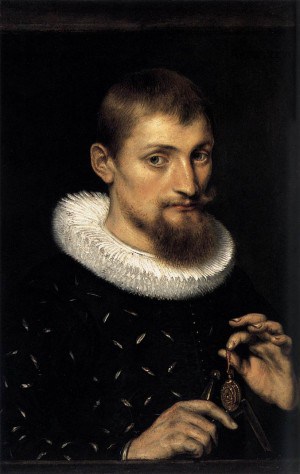
Seeing all this shockingly reminds us of the days of yore. Indeed, it speaks to us of mostly unspoken assumptions: in the eyes of those who hire us, a young scholar seems to be continually a solitary (bourgeois) man of unfettered mobility.
Worrying us further is the difficulty to combat such abusive practices, as they increasingly cloak themselves in clever administrative guises. Highlighting individual instances of pregnancy-shaming is also problematic when one (quite typically) holds a precarious position for which a hundred other hopefuls applied, each one of them very skilled and motivated – and many of them either being without children or willing to postpone having them past their present short-term contract.
For all these reasons, and many more, we want to address ‘the elephant in the room’, and during this week – for the entire week – talk of children and academic parenthood, both motherhood and fatherhood. We talk of choosing to have children, of choosing not to have them, and of having strangers comment on one’s choice either way.
We talk of children as objects of study both today and in the past, share some creative methods for successfully engaging in such research, and this time – wait for it – we also will run a CALL FOR REVIEWS on the list that we flashed by once already.
This thematic week opens today with Carole McGranahan who in her post talks candidly about being an academic mother. The post shows many of the difficulties involved – echoing some of the factors outlined above. Yet her message is both bold and inspiring: yes, you can be both a mother and an academic!
On Tuesday we continue with a fascinathing, yet largely neglected theme – the archaeological study of children. Curiously, this post speaks also of academic parenthood, sort of: as author Jane Evans Baxter points out, most people spontaneously, yet erroneously link her focus in the topic to her presumed experiences as a mother herself, even if in reality it reflects a purely theoretical interest.
To us this suggests that parenthood is still something more defining of womanhood than manhood. Yet, certainly we need to challenge this assumption.
On Wednesday, Felix Girke does just this. His contribution is an anthropologically inspired reconsideration of particular field data, more than it is a post discussing academic parenthood.
Still, his text does also address the issue of parenthood as he talks of the fraught relation between the father and the firstborn son among the Kara of southern Ethiopia through the expression of K’aissina – ‘it’s taboo’, linking it up to his experiences as a father to his own first born son.
In a touching and personal account he reflects on the occasions when his own son would be doing things that are ‘K’aiss’, and how his personal encounters made him appreciate the pedagogic lessons by the Kara.
On Thursday we invite all of you, our dear Allied readers, to join in the debate as we re-circulate our thematic list of recent publications related to the anthropology of children and parenthood.
As before, we encourage all those interested to act fast: these books, we are extremely pleased to say, do seem to slip through our hands quite quickly!
We already look forward to continuing the debates of this week via the reviews we’ll be privileged to receive in the months to come.
The week concludes with another AVMoFA entry by Mari Korpela. This particular ‘obscure artefact’ is a drawing by a few of Korpela’s informants, and it is connected to Korpela’s ongoing research of families with migrant lifestyles, travelling and living in between Western Europe and Goa, India.
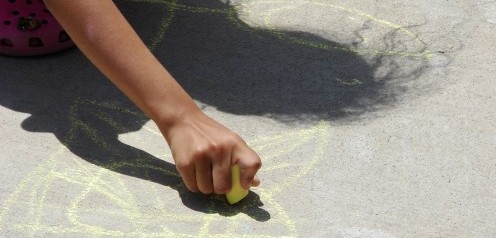
As Korpela explains, using drawings themselves as well as the drawing sessions around them provided a greatly useful vantage point for entering the children’s experiences of this lifestyle, thus allowing her to overstep an important boundary often characterizing work with children that one does not know: how to get them to address things meaningful to them in their own categories.
Thus, as is only appropriate, Korpela’s research also sort of takes us back to the basics, reminding us all of something relevant: there is something to be said of the ‘child’s gaze’ at the world when doing fieldwork.
It is largely this same sense of seeing things for the first time, as unknown and unexpected, even after a lengthy period of interaction, that is at the heart of our shared profession.
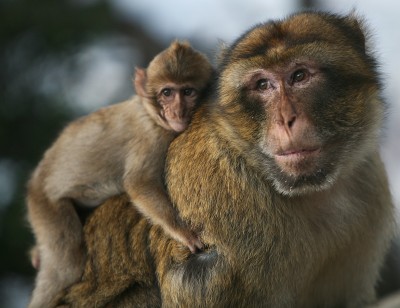 Why don’t we thus take this shared basic lesson – if nothing else – from all the excitement to come: the next time you enter your fieldsite, new or old, try to look at it through the eyes of a child. Just sit down and draw a house.
Why don’t we thus take this shared basic lesson – if nothing else – from all the excitement to come: the next time you enter your fieldsite, new or old, try to look at it through the eyes of a child. Just sit down and draw a house.
(And when you’re done, send us the image for our Fieldnotes series!)
WELCOME, dearest little Allie & warmest congratulations to the new parents from the entire Allegra team!

